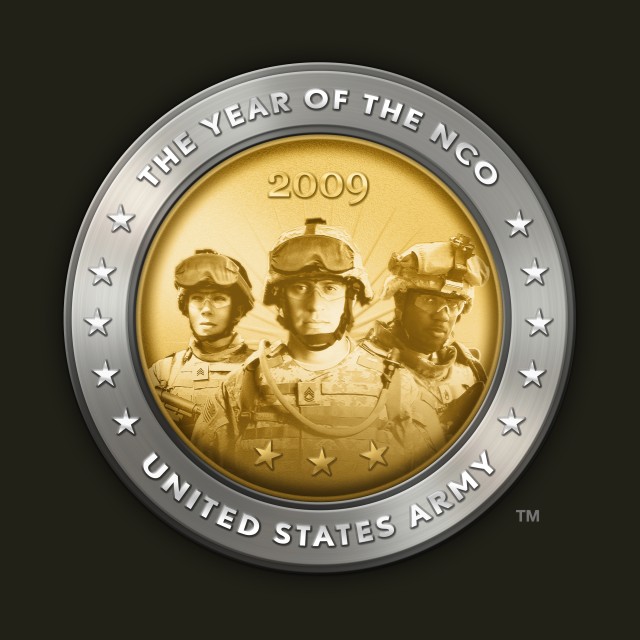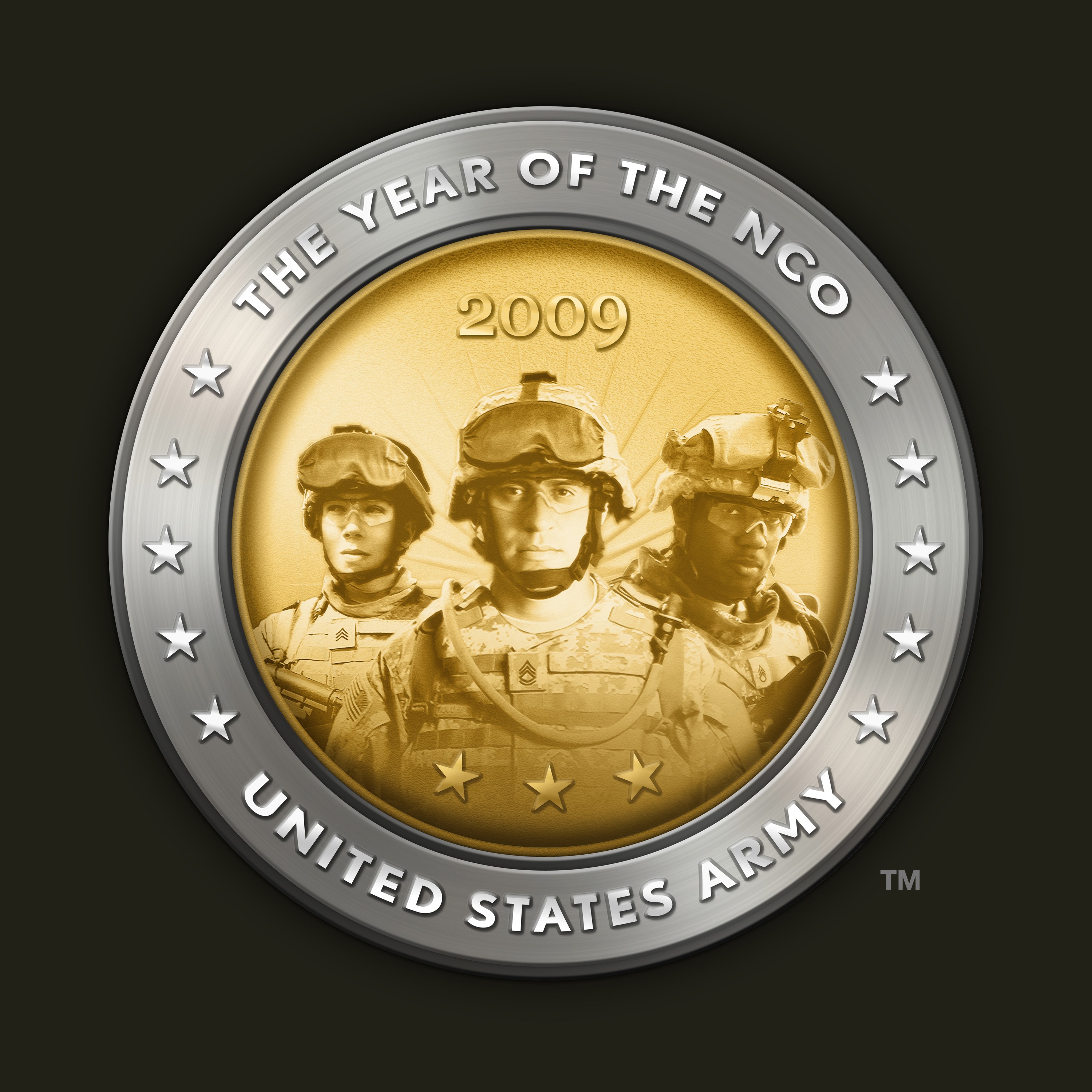FORT LEAVENWORTH, Kan. - The noncommissioned officer is often referred to as the "backbone" of the U.S. Army, and this description and honor of 2009 being designated the Year of the NCO are well-deserved. NCOs are critically important to the Army and their impact cannot be overstated.
The duties and responsibilities of the NCO are broad and complex. NCOs serve as primary trainers, caretakers, advisers and executors of the most critical missions.
NCOs train and care for their Soldiers, instill values and discipline, and develop our Army's future leaders. NCOs are the experts in their craft and train their subordinates to exacting standards.
Through constant interaction, mentoring and teaching, NCOs instill the Army Values and mold young men and women into proficient, disciplined and reliable Soldiers. NCOs serve as the caretakers of the lower enlisted ranks. They help solve their Soldiers' problems and help them care for their families.
Most importantly, NCOs develop future leaders. A single NCO influences and develops scores of Soldiers during his or her career and passes knowledge to the next generation of leaders.
In addition to training and developing enlisted personnel, NCOs also train, mentor, and advise their officer counterparts. Although a second lieutenant studies small unit tactics and leadership at the Infantry Officer Basic Course and Ranger School, he often learns true leadership and how to serve as an effective rifle platoon leader from his platoon sergeant.
Similarly, commanders at all levels rely on the experience and insight of their first sergeants and command sergeants major for decisions ranging from care of the men, to tactical planning, to developing their personnel and organizations for future requirements and challenges.
For this reason most officers routinely acknowledge that any personnel or organizational successes are a result of the hard work and leadership of their NCOs.
NCOs provide stability and continuity in ever-changing organizations. Although officers may make significant impacts on their organizations, their influence is often of short duration because of their rapid turnover.
In contrast, NCOs often remain in the same organizations for extended periods of time, allowing units to build upon success and retain lessons learned. In certain units, including the 75th Ranger Regiment, it is not uncommon for a first sergeant to spend his entire career in the same Ranger Battalion.
These leaders have experienced years of innovation and change in their unit's missions, tactics, techniques and procedures, and witnessed the evolution of the operating environment and enemy. The benefits of this long-term experience cannot be overemphasized and have proven instrumental in the continuous evolution and success of the 75th Ranger Regiment.
In addition to training and developing Soldiers and officers and providing stability within units, NCOs execute plans. This responsibility has become increasingly complex since the start of the Global War on Terror. In the current operating environment, NCOs commonly execute missions outside of their traditional skill sets and have proven remarkably flexible and adaptable.
For example, in Iraq and Afghanistan many field artillery units conduct tasks and missions historically executed by infantrymen. Field artillery NCOs trained in indirect fire planning and execution are currently executing raids, executing convoy operations, working with the local leaders to improve security and address the needs of the population and mediating disputes between rival groups.
Despite their inexperience, they have not only mastered these complex tasks but have also trained their artillerymen to perform to the highest standard.
Additionally, because decentralized operations at the small unit level are inherent to counterinsurgency operations, NCOs have assumed increased responsibility on the battlefield and make difficult decisions traditionally made by superior officers.
Regardless of the challenges posed by the complex operating environment and requirement to execute non-traditional tasks, the adaptability, competence and exceptional leadership of the NCO Corps has enabled success in combat.
Despite the flexibility and competence of the NCO Corps, the Army's leadership must focus on the continued academic and professional development of the NCO Corps to ensure continued success.
The Army must better prepare its NCOs to execute their combat tasks and reward them for their continued service and sacrifice. With ongoing combat deployments in support of the GWOT, the contributions and achievements of the NCO Corps will remain vital to our Army's success.
Although NCOs are commonly referred to as the "backbone" of the Army, one may also argue they serve as the heart pumping life blood in the form of innovative ideas, advice, proficient Soldiers, and a no-fail attitude through the body of the Army.
Editor's note: Maj. John W. Lubas is a student in the Intermediate Level Education course at the Command and General Staff College.


Social Sharing